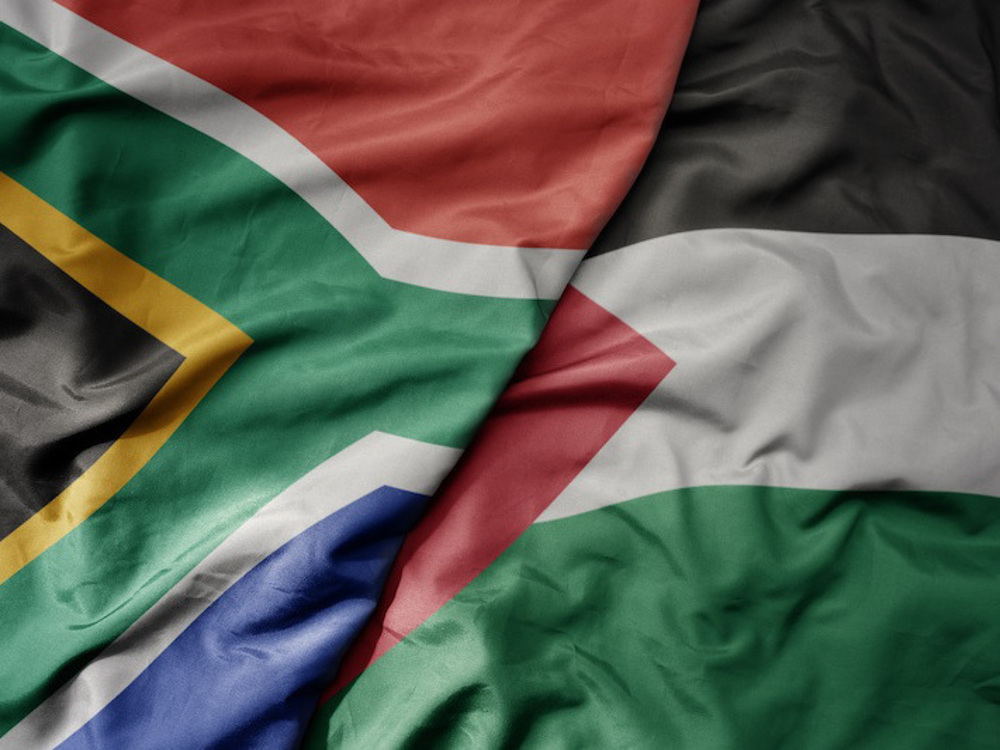Senegal votes after tense election campaign
Senegalese voters cast ballots Sunday to elect a new parliament, a test run for President Macky Sall ahead of a 2019 presidential election and after a campaign marred by violence and tensions.
Most of the 14,000 polling stations opened at 8:00 am (0800 GMT) but there were delays in several places after some sites were hit by a violent overnight storm, local media reported.
Polling ends at 6:00 pm and the first results are expected early Monday. More than 6.2 million people in the west African nation are registered to vote.
Sall is seeking to bolster his parliamentary majority as he eyes a second term, while his predecessor Abdoulaye Wade, 91, attempts to drum up support for his own list of candidates and for his son, Karim, who is waiting in the wings with eyes on the top job.
"We aren't talking any longer about July 30, but of 2019," Prime Minister Mahammed Boun Abdallah Dionne, who is running for a seat with Sall's coalition, declared at a rally.
In a sign of growing tensions, Interior Minister Abdoulaye Daouda Diallo banned inter-regional travel on Sunday until midnight.
Sall's other main opponent, Dakar Mayor Khalifa Sall (no relation), is in jail awaiting trial for what supporters say are politically motivated embezzlement charges.
The mayor had been seen as a key contender for 2019 and a potential threat to the president in parliament until he was charged in March with allegedly misappropriating 1.83 billion CFA francs ($2.85 million, 2.7 million euros) in city funds.
There are a record 47 lists of candidates contesting the election, with 165 lawmakers due to take seats in parliament.
Fifteen seats are being set aside for Senegalese expatriates - the first time that the country's diaspora, estimated at half a million, will have direct representation.
‘Violent clashes’
Police have fired tear gas and arrested dozens during at times violent campaigning that left several injured in a country normally known for its peaceful democratic traditions.
Wade attempted to campaign in a downtown square he had decreed a restricted zone while still president in 2011, an area just meters from the presidential palace. He was pushed back by security forces, leading to several arrests.
Campaigning was marred by tragedy on July 15 when eight people were killed as rival supporters clashed during Senegal's League Cup final, and a stampede caused a wall to fall on escaping fans.

Controversy also erupted over the failure to deliver enough new biometric ID cards needed to vote, which hundreds of thousands of Senegalese have not received in time.
The president asked Senegal's constitutional council to relax the voting rules so people without the cards could use passports or other forms of identification to cast their ballots, along with proof they had applied for the IDs.
Several political parties and opposition coalitions angrily denounced the last-minute move, saying it increased the possibility of fraud.
Tit-for-tat arguments between President Sall and former president Wade's camps have also erupted over the length of motorways and number of bridges built under their respective tenures.
Wade has accused Sall of "destroying" Senegal, while the president's side say Wade did not do enough to develop the nation while in power, boasting of their achievements in building a new airport and other infrastructure projects.
(Source: AFP)
VIDEO | Yemenis praise the military for its successful operations against Israel
VIDEO | Israel continues to bomb Gaza homes
VIDEO | An insider's view of the country: Meybod City in Yazd
‘All wars have rules. All of those rules have been broken’ by Israel
VIDEO | Report flags India’s violation of rights of Rohingya detainees
Turkey's foreign minister meets Syria's de facto leader in Damascus
VIDEO | US Syria plots
'Next to impossible' to rescue patients from Gaza's Kamal Adwan Hospital: Director















 This makes it easy to access the Press TV website
This makes it easy to access the Press TV website